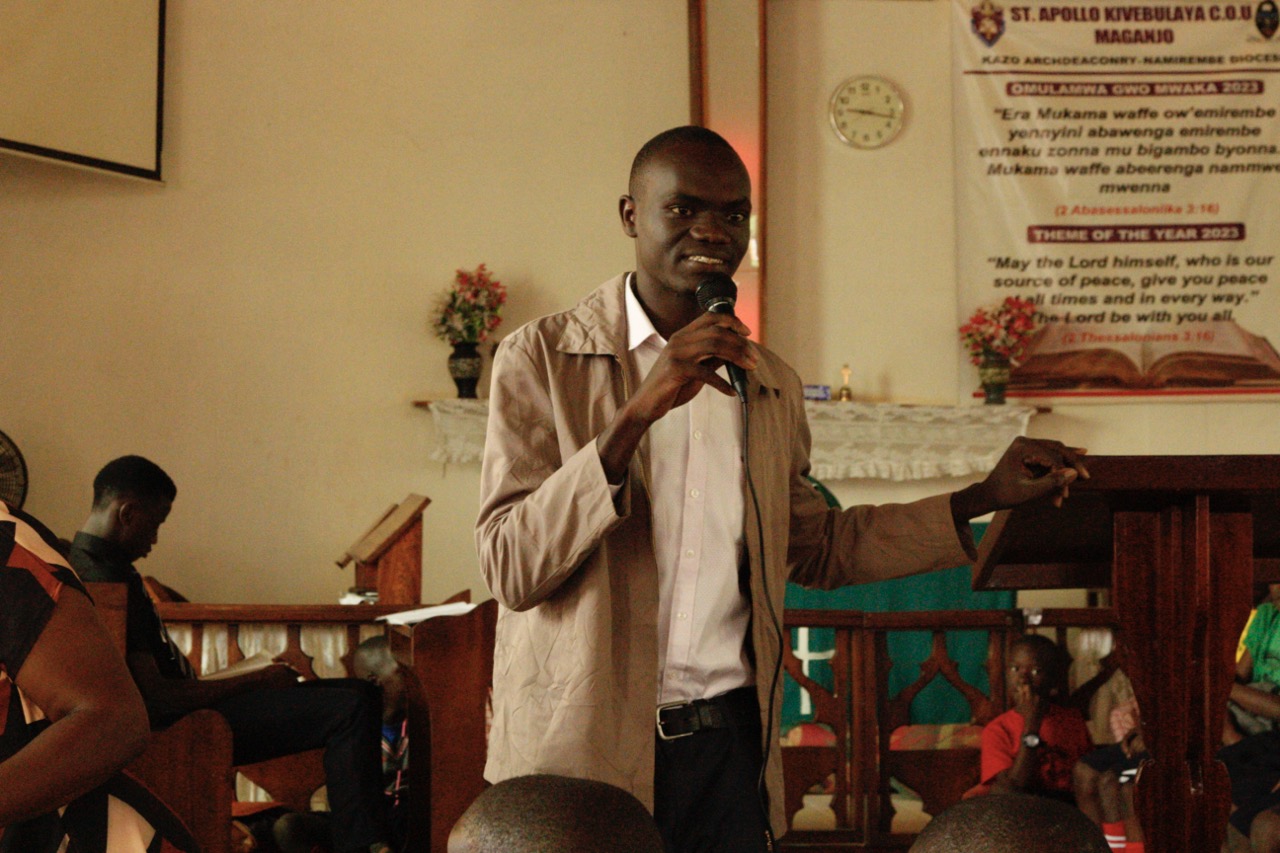Theology and Churches

The peoples of Uganda have a distinct tie to the land, and their cultures have generation upon generation that tended to create with care and respect. But the land and its creatures that we so deeply depend on are suffering, and in need of help. And while the Church has engaged in aspects of creation care, most Christians do not understand the connection between caring for God’s creation and their faith. Through education, practical projects, advocacy, and much more, A Rocha Uganda seeks to guide the Church in Uganda towards a more integrated gospel and a more unified engagement in caring for creation.
The Church in Uganda traces its roots back to the arrival of missionaries from the Church Missionary Society in 1877. Today, most Ugandans consider themselves Christian. The East African Revival that started in 19351 and the Pentecostal movement of the 1960s, 2 continued to spread the gospel across the country while simultaneously increasing the diversity of Christian expressions in our context. Yet during the Ugandan Church’s decades of tremendous growth, it became more and more disconnected from creation care. This is not entirely of its own making. Societal factors have also contributed.
We’ve discovered a few wonderful exceptions. For example, in the highlands of Western Uganda, a part of the country that deeply experienced the gospel revival, we’ve observed good practices in caring for land. In their banana plantations, we saw that the terraces which reduce erosion of the hilly land had been mulched. This helps the soil maintain nutrients and improves soil biodiversity amongst other benefits. It is hard to tell if the farmers have made an intentional spiritual association between these good farming practices and the gospel, or if this arose out of necessity due to the steep slopes, population pressure, or deforestation among other reasons. One study indicated that perhaps the decision was influenced by the level of education available in the area.

We began to engage more directly with pastors. Initially a few questioned the biblical foundations of our work. Others saw it as another program that would burden the church. We have also seen churches making tremendous efforts. However, some of these are uncoordinated, and they hardly document what they’ve done which keeps others from learning from it.
Sometimes intentions do not align with scientific knowledge, and they do more harm than good. Other times, churches may be doing great creation care work, and we should expect this given that Uganda has an agriculture-based economy. But most have not correlated the gospel with why they should be caring for creation.
In fact, some of the questions we have to answer include: how does creation care contribute to livelihoods when the country and Africa at large is where it is now? The questions on environmental justice, emissions, climate change, right to development, and others need to be humbly responded to as soon as repentance happens. Dignity is key. Love is our mark.
We’ve also seen pastors respond with helpful initiatives. Indeed, there are churches occasionally hosting creation care Sundays to inform and mobilize their congregations. We want to see more churches involved. So we’ve designed a short-course curriculum for Bible colleges to use in pastor training to support future involvement from pastors and their churches in creation care.
One area that has brought us great encouragement is the response from mainline churches in Uganda. Andrew Omona wrote about the ways these churches are getting involved in climate change activism. They have studied the environmental threats, and are sharing a holistic gospel that includes participating in critical intervention at all levels of the Church. God is working!
Even for people who are already Christians, we need to tie things up – how Jesus, the gospel, and the kingdom of God fit together. When we explain that Jesus is reconciling heaven and earth, and challenge the notion that we are destined to escape the earth, perhaps the gospel and creation care will then make more sense.
In all of this, God is calling us to be rooted and grounded in love. We build on his love, and his wisdom as found in Jesus. This love points us to life without divides. The glory of God as seen in a healthy and flourishing creation reminds us that creation care is not separate from the gospel. It’s integrated with it. May our care for the earth God gave us to tend to reflect the love of Christ for our neighbor, ourselves, and creation itself.
In equipping the church for environmental action we have components which include: Developing a Creation Care (CC) course for envisioning churches and bible colleges, Training and following up local churches / Christian groups/ church leaders and members on creation care, participating in events, conferences, workshops and fundraising for establishment of 5 eco-churches. Join us on this move to equip churches and the wider community on how to care for the creation of the one we worship.